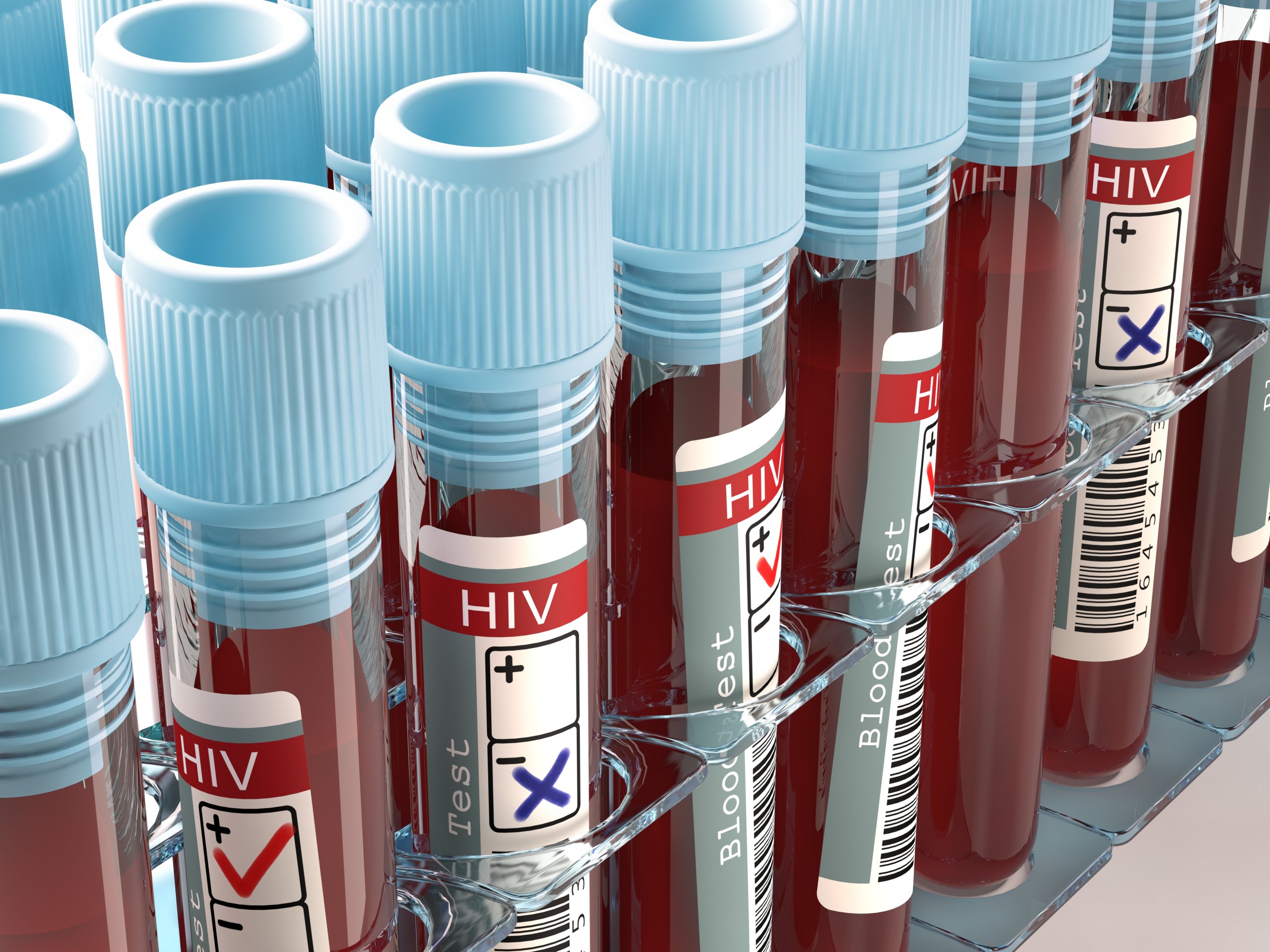Second Person Cured Of HIV Remains Virus-Free After 30 Months
Tags: News

By Mandy Froelich / Truth Theory
Until recently, only one person has ever successfully beaten the human immunodeficiency viruses (HIV). The success of the case was difficult to replicate – but not impossible. According to a new study published in The Lancet HIV, the second person ever is now HIV-free.
“The London patient,” who had previously been diagnosed with HIV-1, appears to have no active viral infection in their body after receiving a revolutionary treatment. As IFLScience reports, the patient received stem cell transplantation from donors with an HIV-resistant gene. He has been in remission for 30 months. Furthermore, mathematical modeling suggests the probability of remission for life is extremely high.
The first person cured of HIV, known as “the Berlin patient,” was functionally cured in 2008. Similar to this case, remnants of the viruses’ DNA remained in their tissue sample, although the researchers said it was essentially harmless “fossils.” They didn’t perceive it to be capable of reproducing the virus.
Said Professor Ravindra Kumar Gupta, from the University of Cambridge in the UK:
“We propose that these results represent the second ever case of a patient to be cured of HIV. Our findings show that the success of stem cell transplantation as a cure for HIV, first reported nine years ago in the Berlin patient, can be replicated.”
The London patient was diagnosed with HIV in 2003 and, in 2012, was put on antiretroviral drugs. Unfortunately, the patient was soon after diagnosed with Hodgkin’s Lymphoma and required to undergo chemotherapy. To prevent HIV from reviving, he received a treatment that involved a stem cell transplant from a donor who carried a gene (CCR5Δ32/Δ32) that is resistant to HIV and chemotherapy drugs. Dissimilar from the Berlin patient, the London patient did not require full-body irradiation or a second stem cell transplantation procedure.
In 2019, a previous case report showed the London patient was experiencing sustained remission from HIV-1. At the time, researchers warned that it was too soon to proclaim a “cure.” After 30 months in remission, however, the study authors are much more confident in the likelihood of remission.
“Given the large number of cells sampled here and the absence of any intact virus, is the London patient truly cured? The additional data provided in this follow up case report is certainly encouraging but unfortunately in the end, only time will tell,” said Professor Sharon R Lewin from the University of Melbourne in Australia, who was not directly involved with the study.
The treatment certainly isn’t for everyone. As Professor Gupta cautioned, the treatment is high-risk and should only be considered as a last resort for patients with HIV who also have life-threatening hematological malignancies.“Therefore, this is not a treatment that would be offered widely to patients with HIV who are on successful antiretroviral treatment,” said Gupta.
Thanks to modern medicine, most HIV patients can manage the treatment of the virus with drugs and live long, healthy lives.
What are your thoughts? Please comment below and share this news!
IMAGE CREDIT: ktsdesign
Leave Comment: